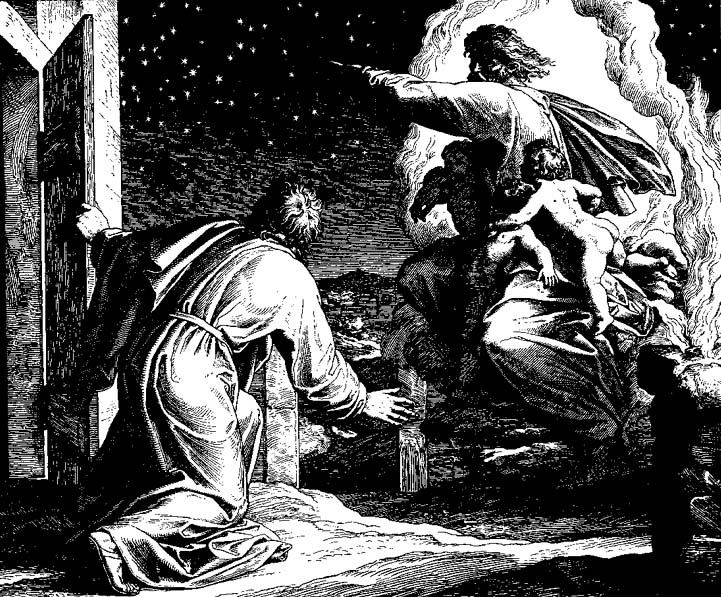 The second of N.T. Wright's four "aspects" to the Pauline doctrine of justification is that of covenant (the others being lawcourt, eschatology, and Christology). In Justification he writes:
The second of N.T. Wright's four "aspects" to the Pauline doctrine of justification is that of covenant (the others being lawcourt, eschatology, and Christology). In Justification he writes:The key passages [on justification] in Romans and Galatians are all drawing on, and claiming to fulfill, two central passages in the Penta-teuch: Genesis 15, where God establishes his covenant with Abraham, and Deuteronomy 30, where Israel is offered the promise of covenant renewal after exile.... Paul's view of God's purpose is that God, the creator, called Abraham so that through his family he, God, could rescue the world from its plight.
For Wright, "covenant" is shorthand for "God's-single-plan-through-Israel-for-the-world":
The "covenant," in my shorthand, is not something other than God's determination to deal with evil once and for all and so put the whole creation (and humankind with it) right at last.... Dealing with sin, saving humans from it, giving them grace, forgiveness, justfication, glorification -- all this was the purpose of the single covenant from the beginning, now fulfilled in Jesus Christ.
As one would expect, Wright sees justification in the light of a broader, covenantal category that addresses questions bigger than merely "how to get to heaven when we die." He points to the fact that Paul, in Romans 4:11, quotes Genesis 17:11 which refers to circumcision as "the sign of the covenant," but changes the language, calling circumcision "the seal of the righteousness that [Abraham] had by faith." For Paul, covenant is the larger issue of which justification by faith is but a part.
Echoing Horton's most recent critique, I don't see how any Reformed believer who is at all indebted to theologians like Geerhardus Vos or Herman Ridderbos (as I am) would see any problem at all with Wright's emphasis on covenant here. What is baffling (as Horton correctly points out) is that Wright continues to stubbornly insist that his view is the antidote to that of Reformed theology. As I will highlight in subsequent posts, there are differences between Wright's conclusions and those of confessional Reformed orthodoxy, particularly pertaining to the role of Christ's active obedience in all of this, but this does not mean that we are left with the option of choosing Wright or Calvin on this matter (a false dilemma if there ever was one). In other words, there is no reason why we can't emphasize covenant on the one hand, seeing our justification as one ingredient in a much more grand and cosmic recipe, while on the other hand insisting upon Jesus lifelong obedience as the basis for it all.
Thoughts?





|